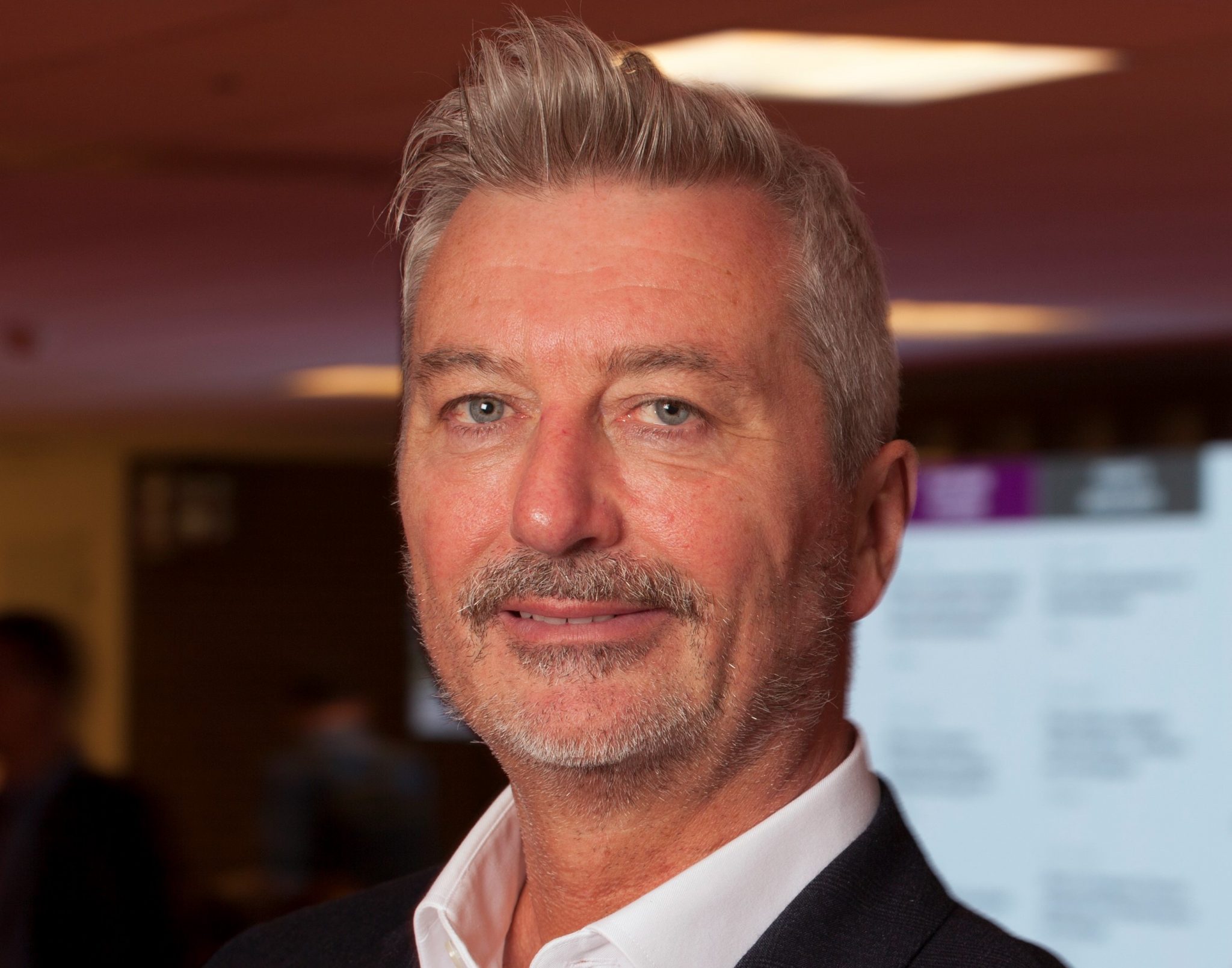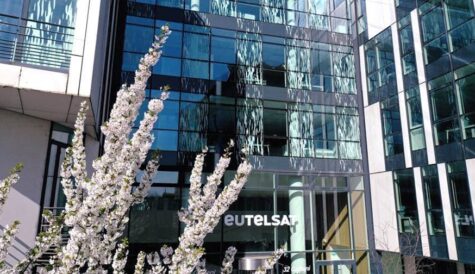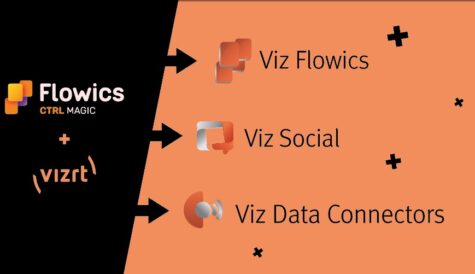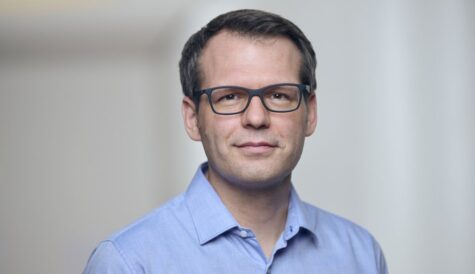
After more than 40 years of operation, DTVE is closing its doors and our website will no longer be updated daily. Thank you for all of your support.
Q&A: Mike Crimp on the return of IBC
Ahead of IBC’s return to the RAI for its first in-person event since 2019, CEO Mike Crimp discusses how the industry has changed in the past three years and what attendees can expect this weekend in Amsterdam
How excited are you for the return of IBC?
I’m at the RAI now walking around and I’ve seen lots of smiling faces, people greeting each other like long lost friends. Business is all about people and relationships, it’s not just transactions. I feel that everyone just wants to get back on that road and IBC isn’t just an event – it’s like a punctuation point where people make decisions on annual cycles or six monthly cycles, or even longer. It gives a focal point for people to get together and decide some stuff and start investigating some new stuff. There’s a real buzz about it. If you look on social media, I’ve never seen so much activity around any show in terms of people looking forward and trying to engage with people so it’s all looking really good.
From the show itself, registration has climbed up steadily and it’s going to be a very solid attendance, both from the exhibiting brands and the visitor side. The attendance looks good and we’ve got a really strong content programme that’s not just sticking just with tech, but looking out at things like diversity, inclusion and sustainability.
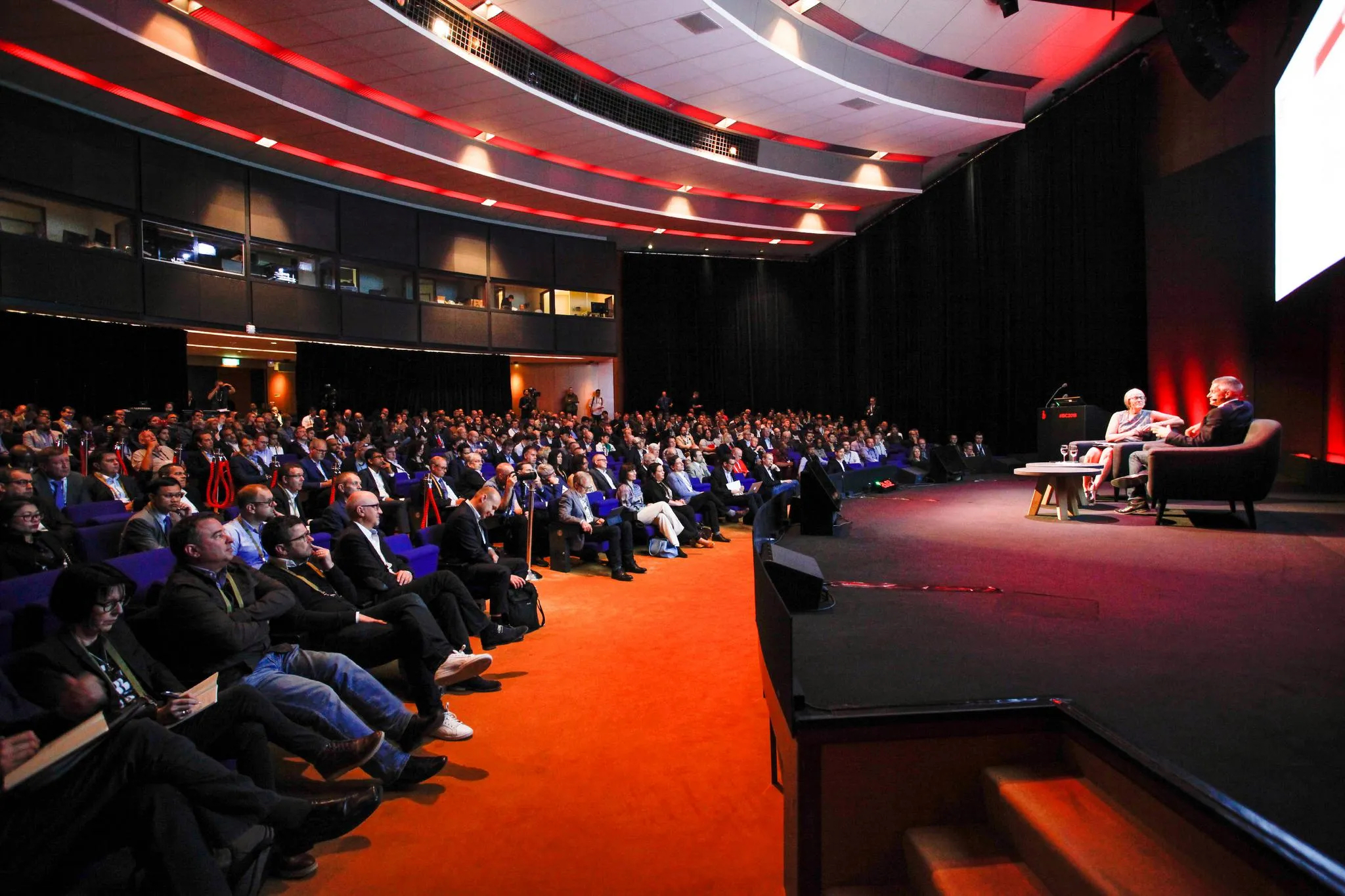 How has the industry evolved since IBC’s last in-person event in 2019?
How has the industry evolved since IBC’s last in-person event in 2019?
It’s the first big show post-Covid and in terms of the show I’m not sure if that will be very visible. But otherwise it’s more about the impact that Covid had on business, and I think there’s been a lot of acceleration of innovation which we’re going to see. People seem very excited to be able to show all the things that they’ve achieved and lots of them are things that they always wanted to do like implementing things around 5G and cloud.
A really good example would be remote production. This is something that people have talked about for years, but it feels quite normal now.
I think what you’ll see is a lot of catch up where things have accelerated to the point that it’s gone beyond the tech that was shown maybe in 2019 to really strong case studies. So the way that will impact itself on the show is not just about the tech anymore – people will be on stage talking about their innovations, what they did and how they did it. I think what the pandemic did was force people to think about some of the things that have been bubbling under and bring them to the surface much more quickly.
What will be the key themes of IBC 2022?
The description of the show is ‘what’s next? Designing the future together,’ and I think that acceleration will really feed into that. It’s bringing all of these different experiences that people have had in the industry throughout the past two years and centralising the discussion. The conference will explore core trends and technologies shaping the future of media, including metaverse, data-driven ad strategies, hybrid business models and cloud migration.
One of the biggest drivers of the video industry in 2022 is the growth of Free Ad-Supported Television (FAST). How core will this be to IBC this year?
I think it will be a really big part of the show. IBC and a lot of our business in the past I think it’s been quite isolated. Previously we could say that IBC was about creating, managing and delivering or distributing content, but the bit that people hadn’t really engaged in was the monetisation part of it.
I think the monetisation of content and what systems are required to do that and the importance of new things like data for example, will become much bigger themes in our business and perhaps they have been in the past. The growth in FAST might begin a bit of a rethink about how you can look at content and data and monetise it. You almost get the beginning of a convergence between the TV, film and cinema world and the digital world that’s coming directly from that direction.
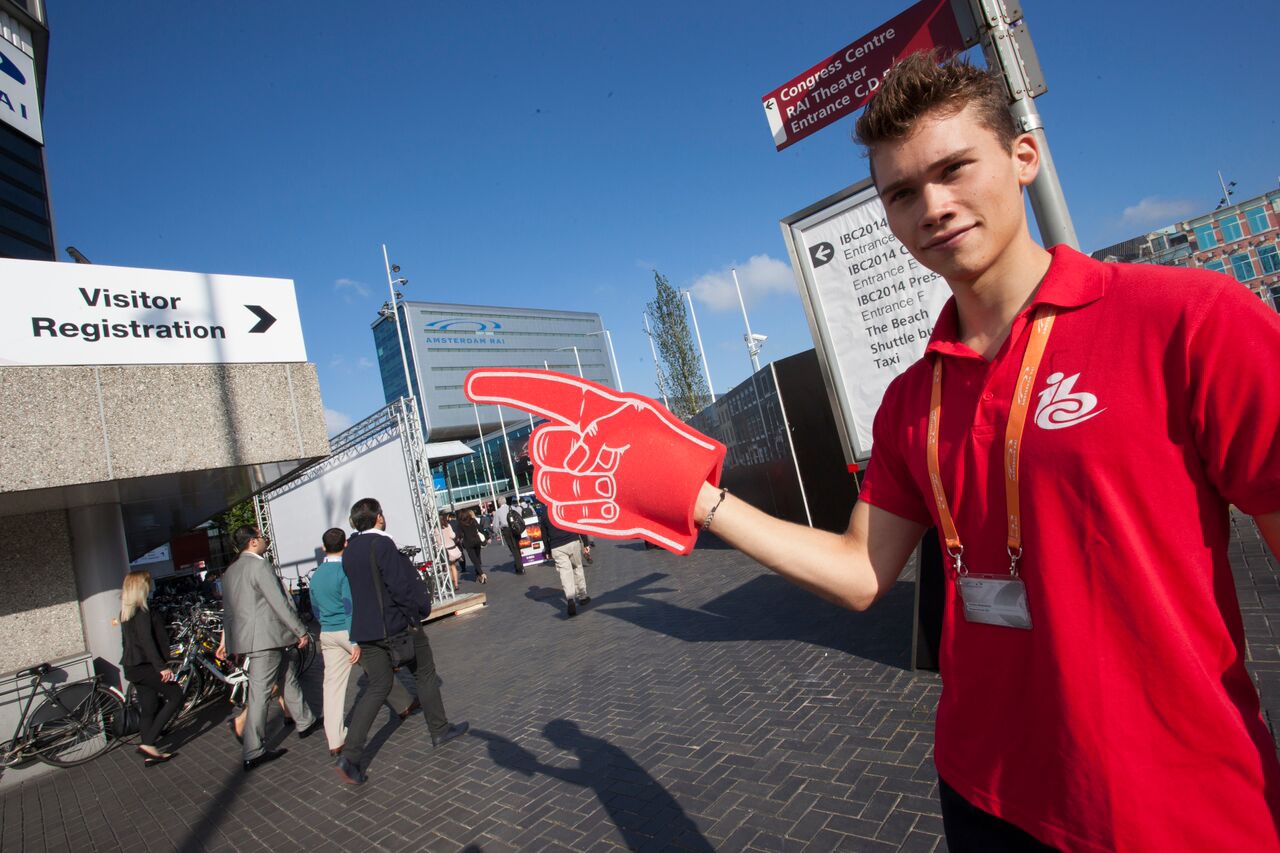 What will be the other new technologies should people keep an eye out for at IBC?
What will be the other new technologies should people keep an eye out for at IBC?
If you look at the history of IBC, three things have made it grow.
The first is that IBC stopped concentrating on the word ‘broadcast’ and embraced different kinds of content and was agnostic about those screens and where it came from and how it was delivered. The second thing is that screens got bigger, resolutions got better and and and people became very used to consuming on small screens as well. So screens became more of a commodity and delivery mechanisms became much wider.
The third area of big growth is mobile device delivery, so I think the impact of 5G will be massive because it enables everything. We’ve been demonstrating local area broadcasting on 5G for years and the ability now to put 5G cameras in different places would be driven by that. On top of all that you’ve got 5G environments being able to really enable some really good AR and VR stuff which you’ve never seen before.
Along with 5G, focus on the cloud will intensify, particularly in difficult economic times. You’ve got the scalability of cloud on a subscription-based model not just for you but your viewers. You can pass some of that model back down through your own supply chain back to the tech companies here who will embrace that.
There’s also a whole list of things on our accelerator stage, which is basically speed dating for broadcasters and tech companies. We host some sessions where anyone in the room can stand up and say I’ve had this great idea about, you know, object based television or whatever it is and they get into little teams and IBC facilitates development over a 6-9 month period approach. Those projects are all being presented on the innovation stage, and I think when people see some of them, they’ll be blown away by how much progress can be made in terms of that kind of collaboration.
